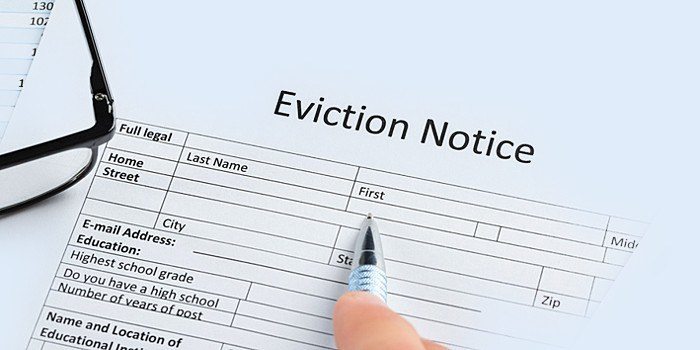
Expunging an eviction from your record may not be easy, but if successful can dramatically improve your personal rental history report.
An eviction, also known in some states as an unlawful detainer, can stay on your record for life, but all states have a process in place to expunge an eviction from your record. Expungement is an order issued by a judge sealing your court record from public view. If expunged, records of your case will not appear in searches of public records.
Partnering with a trusted industry leader like MyRentalHistoryReport.com will allow you to first view your rental history report and determine if the eviction has been notated in your profile. Additionally, the team at MyRentalHistoryReport.com can help identify erroneous eviction entries and provide tools for correcting your rental history report.
Once you confirm an eviction appears on your record, the process of expungement begins at the courthouse. Eviction orders are civil cases filed with the court by a landlord, and the burden of challenging an eviction falls exclusively on the tenant. If you’ve been served with eviction papers, promptly respond to all correspondence from the court and pay close attention to any deadlines.
Five tips to expunge an eviction:
Win your case: The best way to have an eviction expunged from your record is to vigorously challenge the case in court. An eviction case should be dismissed if a tenant can prove the landlord’s eviction order was sufficiently without basis in fact or law. One suggested tactic is to prove retaliation. Perhaps the furnace fried while you were renting the property in question or maybe your landlord blew a fuse after a pet wrecked a new carpet. Proving that an eviction case was initiated as retaliation for a tenant’s action should result in a judge dismissing the case and the eviction being expunged.
Do not pay overdue rent: It may sound crazy, but paying overdue rent after an eviction case has been initiated will likely make expungement of the case impossible. Paying overdue rent after a court case has begun will prove to the court that the eviction case was begun for good legal reason.
Prove you did not violate your lease: Proving to a judge that a tenant sufficiently abided by the terms of a lease is perhaps the single most important factor in winning your case and expunging an eviction. Providing the court with receipts of rent paid and documenting the rental unit was left in satisfactory condition are the two main components in proving you did not violate your lease.
Ensure proper procedures are followed: Specific procedures must be followed in order for an eviction to stick. First, papers must be properly served on a tenant (laws vary by state), and a landlord must satisfy clearly-defined criteria in order to win an eviction case. Research your state’s statutes governing the eviction process, and make sure the landlord filing suit is following procedural law.
The Interest of Justice: A key component in a judge’s decision to expunge an eviction is determining whether doing so would be in the “interest of justice.” Settling the case at the courthouse with a written agreement and the landlord agreed either that they had filed it because of a misunderstanding, or that you had defenses.
An eviction order issued by a judge can dramatically affect a consumer’s future ability to rent, and evictions are a matter of public record. If an eviction does appear on your record, challenging it and eventually being granted expungement is difficult but possible.
Talk to an attorney for legal advice.




